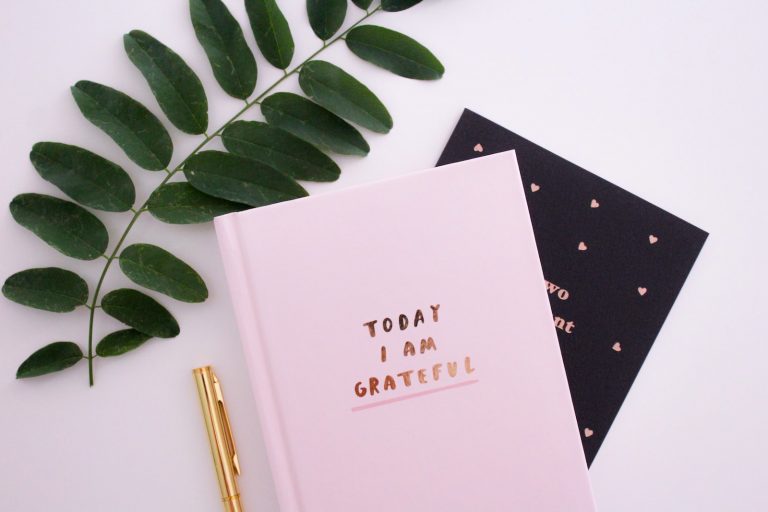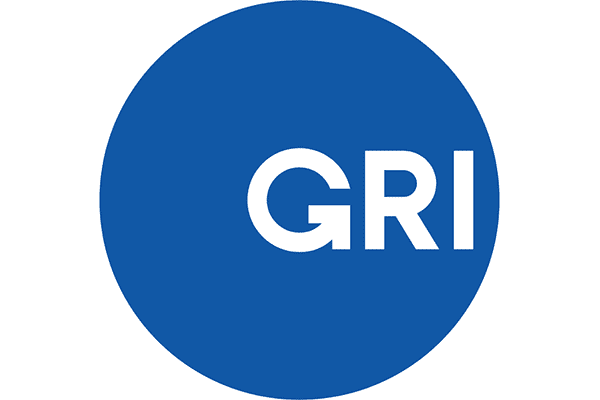Want to Be Truly Contented? End Each Day Like This

STORY HIGHLIGHTS
- Despite success, why can’t you feel happiness?
- Improving happiness is key to unlocking your potential
4 Practical Ways to Improve Your Happiness
Health experts believe that certain practices, such as gratitude, can help you get a good night’s sleep. However, by making gratitude practices a firm part of your nightly routine, you will improve your sleep quality and your life as a whole too.
With gratitude comes contentment. You become more positive when you are aware of all the blessings and good things in your life. It helps keep stress, anxiety, frustrations, and complaints away. Research also proves that gratitude deeply connects with greater satisfaction and happiness in life.
In short, nurturing positive thoughts during the day, and especially at night, helps you drift off smoothly to sleep. The good news is that feeling contented, happy, and grateful is within everybody’s reach. It may only require a few tweaks to your daily routine, but it will become a habit once you adopt the practices mentioned in this article.
The following gratitude practices are also practical solutions for reducing the risk of developing mental health problems. Statistics prove that one in seven people suffer from mental health problems in Singapore along. If gratitude becomes a daily practice, we could enjoy a calmer, composed, healthy mental state.
1. Reflective Journaling
Journaling is a great way to process your feelings, practice gratitude, and become mentally stronger. You can type, draw, or write whatever suits your journaling technique. But journaling is a crucial process of becoming aware of all your blessings.
Sometimes, our perceptions and demeanour become negative when we bottle up our frustrations, stress, bitterness, and bad experiences. Often, it is difficult for some people to share their problems with others. In this case, journaling is the best outlet.
It helps you organize your thoughts, plan, and analyse your feelings. You don’t need to be a great writer for this exercise. All you need is to jot down your thoughts and make a special note of the positives in your life before you sleep.
When you review your notes, the problems will seem diminutive during your blessings. Soon, your pattern of thoughts will change, and you will see your list of gratitude becoming greater than your woes.
2. Random Night-time Exercises
We don’t exercise for the sake of our bodies only. Many exercising routines target our mounting stress and anxiety levels too. If we don’t vent these out somehow and allow our depression to pile up, we’ll never feel contented and good.
Hence, light exercise after digesting your last meal for the day is an excellent way to prepare for bed. It will alleviate stress and anxiety, relieve you of depressive symptoms, and boost your happiness and self-esteem.
Moreover, any small amount of activity will make a difference. It would help if you chose to do something that boosts you. A round of badminton in your backyard, perhaps with your partner; or slow breathing exercises to release stress.
The point is to pick something that will not overexert you or kick your brain into hyper-drive. Instead, it can be something relaxing to help your tense muscles unwind. You could opt for some stretching exercises or go for a stroll.

Jogging releases endorphins, which helps you relax and feel happy.
3. The Art of "Gratitude"
Next comes gratitude. When you have eaten well and exercised to relieve the pent-up stress, pressures, and frustrations of the day, it is time to feel good. Being grateful is a massive mood booster, but it has more benefits. For instance, practising gratitude right before bed can make you feel happier and hopeful.
How you feel largely depends on what you keep feeding your mind throughout the day. Setbacks, failures, and disappointments are part and parcel of life. But what matters is to look at the glass as ‘half full’ instead of ‘half empty’.
Gratitude helps develop a more positive perception. It also strengthens us mentally and helps us shift our focus on the positives. This boosts our mental health and overall well-being, which keeps us happier and more content.
You could start your day by being grateful for something you have: is it the love of a trustworthy partner? Beautiful children? A good job? A comfortable and stylish home? Your dream car? If we look around, we will find plenty of possessions to be grateful for.
Hence, instead of allowing your thoughts to dwell on the day’s problems, channel them to focus on the blessings. It would be best if you continue feeding your mind with pleasant things, such as celebrating your colleague’s promotion, meeting your deadlines and targets, and many others.
Take a few minutes to be grateful for all the good things you have experienced. Did you find time to enjoy a cup of coffee with your colleagues? Did you get to savour a hearty lunch at work? Did your boss praise your conscientious efforts?
When it mounts up, you’ll doze off feeling like the luckiest person in the world.

4. Live in the Moment Before You go to Bed
In most cases, we postpone enjoying simple pleasures of life for the weekend, a less stressful day, or vacations. These could be simple things, like a movie with friends, hanging out at the beach or our favourite bar, or even playing board games at home.
If you can make it happen, everything is possible, even in the middle of the week. Hence, you may try to look for opportunities to enjoy life’s simple pleasures. Do make time for some light-hearted banter at the dinner table.
Ask everyone to stay back for a round of cards or the family’s favourite board game before they retire to bed. If nothing else, gather couch and watch a comedy movie or TV show before you all go off to your bedrooms.
Spending quality time with family or friends, and being grateful for all your blessings, will help cultivate an attitude of gratitude. Perhaps you could meditate as a family and count your blessings together as a daily or weekly ritual.
Final Thoughts
Gratitude is not just a practice or a habit: it’s a therapy for the body, mind, and soul. It helps flush out the toxic, bitter, and stressful thoughts that tend to weigh a person down. When you allow feelings of resentment, complaints, and frustrations to pile up, you leave no room for contentment and positivity.
With time, your mental, emotional and physical health starts deteriorating. But practising gratitude, on the other hand, revives your spirits and your energy and makes you a more optimistic, contented individual.
In addition to adopting healthy practices of gratitude and contentment in your daily routine, you may opt for a mindfulness course to foster contentment.
- Blended Concept
- December 28, 2022
- 2:00 pm


